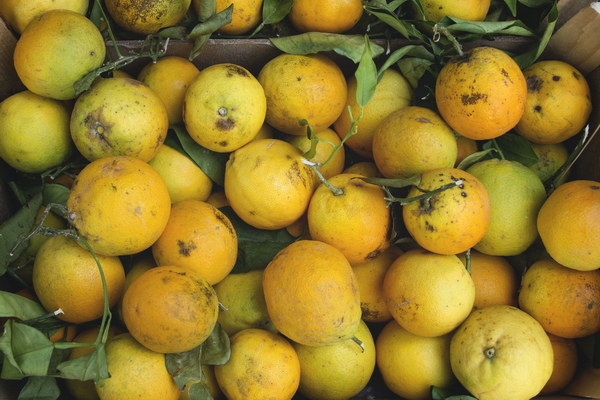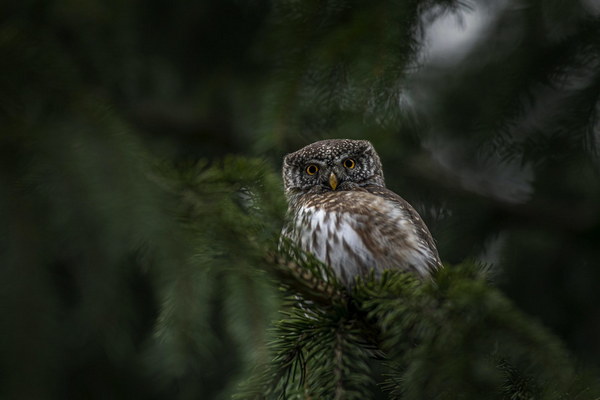Nourishing the Winter Soul A Melodic Journey into the Art of Chinese Winter Tonification
In the heart of winter, as the world is cloaked in a serene silence, the Chinese people turn to the ancient practice of winter tonification, or Bu Zhong Yeu. This tradition is not just about physical well-being but also a spiritual journey that resonates with the rhythm of nature. Inspired by a song that beautifully encapsulates this concept, let's delve into the world of winter nourishment and the harmonious blend of body, mind, and spirit.
The melody of the song weaves through the crisp air, echoing the wisdom of the ancients: In the depth of winter, nature rests, but within us, life must flourish. This phrase encapsulates the essence of winter tonification, a time when the body is encouraged to conserve and rejuvenate, preparing for the vitality of spring.
Winter tonification is rooted in the principles of Traditional Chinese Medicine (TCM), which suggests that during the coldest months, the body's energy, or Qi, tends to be depleted. By adopting a diet rich in warming and nourishing foods, incorporating herbal remedies, and practicing gentle exercises, individuals can boost their Qi and strengthen their immune system.

The song begins with a lullaby-like tune, suggesting the calmness of winter. Bask in the warmth of the hearth, savor the flavors of the season, it gently encourages. Indeed, the diet in winter is a vital component of tonification. Foods like winter melon, ginger, and ginseng are celebrated for their ability to warm the body and bolster the immune system. These ingredients are often found in soups and stews, creating a culinary experience that soothes the soul as much as it nourishes the body.
As the song progresses, it introduces the concept of herbal remedies. In the cup of tea, hidden strength, roots and leaves that heal, it sings. TCM offers a vast array of herbs that can be used to balance and strengthen the body. Astragalus, codonopsis, and rehmannia are just a few examples of the powerful plants that have been used for centuries to support health during the cold months.
The song also touches on the importance of exercise. Walk in the frosty morning air, let your Qi flow free, it advises. In TCM, the winter months are not the time for vigorous exercise but rather gentle movements that promote the flow of Qi. Tai Chi, Qigong, and simple stretching can help keep the body supple and the mind at peace.
But winter tonification is not just about physical health; it is a holistic practice that embraces mental and emotional well-being. The song speaks to this unity, In the quietude of winter, reflect on the year past, plan for the one to come. This reflection is crucial, as it allows for the release of old energies and the preparation for new beginnings.
The final verses of the song remind us of the interconnectedness of all things. As the sun dips low, we gather near, sharing warmth and stories, a tapestry of life. The act of coming together in the cold months, whether it be for a family dinner, a community gathering, or a moment of solitude, reinforces the bonds that hold us together.
In conclusion, the song Nourishing the Winter Soul is a poetic exploration of the art of Chinese winter tonification. It captures the essence of a tradition that promotes balance, harmony, and vitality. As winter approaches, let us embrace the song's message, finding warmth in the cold and strength in the quietude. Through the practice of winter tonification, we can ensure that our bodies, minds, and spirits are well-prepared for the challenges and joys of the coming year.









